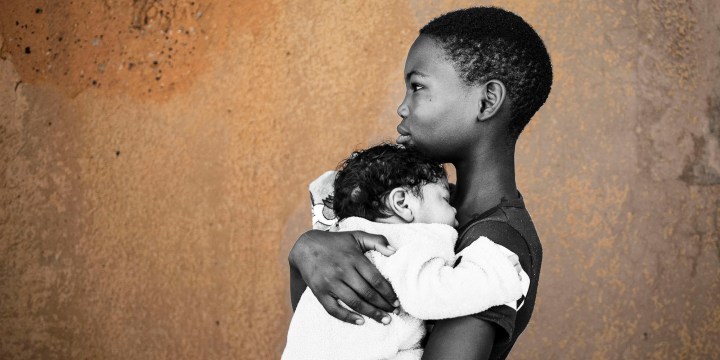Days of Coronavirus
Unlocked: Poems for critical times (Part One)

In this new feature by Maverick Citizen, poet Ingrid de Kok will twice a week select a South African poem that sometimes directly, sometimes obliquely, addresses the question of how to imagine ourselves, how to be, in the current situation. We asked her to start the cycle with a short introduction about why poetry matters at a time like this, followed by two of her own poems.
People have always turned to poetry at critical times, whether in periods of personal sorrow and stress or at times of great public upheaval, disquiet and dread. Perhaps this is because, at its finest, poetic language provides unique insights into shared human experience.
A poem can disrupt standard habits of attention, alert us to new connections, reshape how we think and refresh our sense of community with others and with nature. It can confront, cajole and console. And it offers us inestimable pleasure in the play of language itself, its rhythms, image-building and metaphorical capacity.
Poetry can make us alive to ourselves and others.
Most of the poems I select are by South African poets or poets linked to South Africa and most will have been published before. Different in tone, texture and context, some will be speculative, some rhetorical, some reflective, some sombre, some quirky.
Of course this cannot be a representative sampling of South African poets or poems. Reread your own favourites and share them with others; buy poetry collections; subscribe to South African poetry journals. And perhaps, if you have not already done so, begin the arduous task of writing poetry yourself.
The two poems below reflect on mortality, compassion and watchfulness in different ways. Compassionate Leave was written at the height of the HIV/AIDS pandemic, when people were dying in their thousands, neglected by the state. The poem makes reference to WH Auden’s great, unnerving poem, The Fall of Rome.
Out of season
You who will die, watch over your life; don’t set sail
at the wrong season, for at best no man lives long.
Alexander Aetolus
The wrong season to watch for whales
But we lean over the railing anyway.
An errant animal once heaved his cavernous
Body out of season towards our chance sight.
Today we might be lucky too.
Summer roadworks have blocked access
So our street has become a one-way route,
Simpler, quieter. The detour
On the hill plies metal on tar and we hear
Tyres screech from a distance, almost comforting.
No boats at sea this morning, no rush hour
For sails. No whales.
No one walking on the shore.
No one walking on the water.
But we watch, we watch over our lives.
From Other Signs, Kwela Books, 2011
Compassionate leave
Almost everyone’s on leave,
gone away
to the countryside
in threadbare trucks
to pay respects
in rooms and huts
to watch and pray for dying ones
shrunken under sheets,
to vigils through the night
in closed-off streets
where grandmothers prepare
small and smaller funeral feasts
after truncated prayers
chanted by tired priests
over cardboard caskets
in the deathwatch heat.
Gone to taxi ranks and stations
to wait for information
from billboards, radios,
word of mouth and trumpets in the sky
where ubiquitous hadedas,
unlike Auden’s mute impervious birds
blast their high shofars
over each infected space.
From Seasonal Fires: New and Selected poems, Umuzi, 2006 DM/ MC/ ML
"Information pertaining to Covid-19, vaccines, how to control the spread of the virus and potential treatments is ever-changing. Under the South African Disaster Management Act Regulation 11(5)(c) it is prohibited to publish information through any medium with the intention to deceive people on government measures to address COVID-19. We are therefore disabling the comment section on this article in order to protect both the commenting member and ourselves from potential liability. Should you have additional information that you think we should know, please email [email protected]"





 Become an Insider
Become an Insider